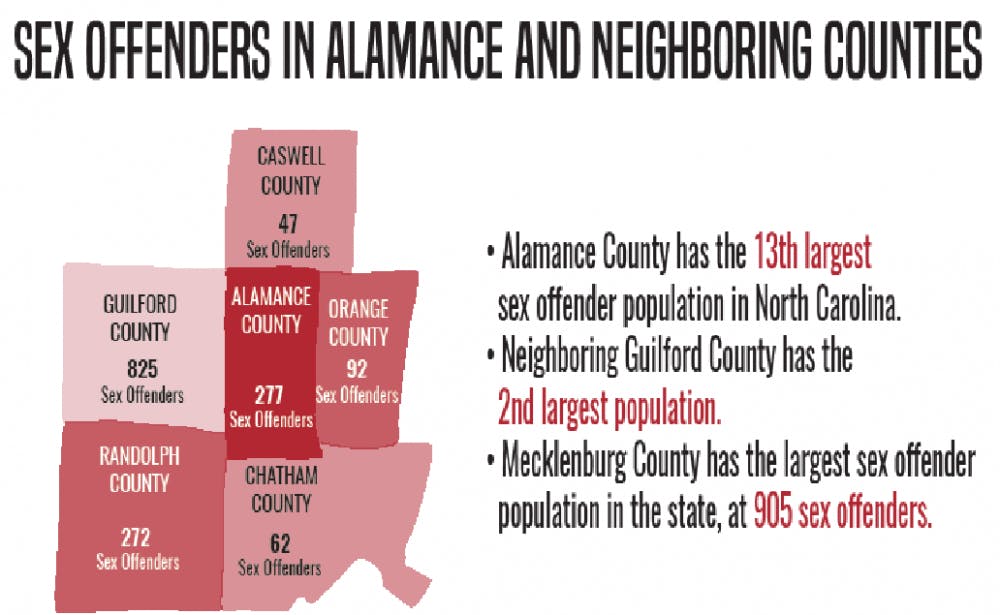The North Carolina General Assembly’s law banning the use of social media by registered sexual offenders has stirred up both local and national controversy. The G.S. 14-202.5 law was put into place to protect the high numbers of minors that frequent the sites. If they violated the law, offenders can be charged with a Class 1 felony.
But North Carolina is not the only state to enforce such a law. A famous case took place in Indiana just a few years ago on the same grounds: The Doe v. Prosecutor Marion County, Indiana, case.
Some argue that making social media use illegal for offenders takes away their First Amendment rights and denies them access to news about current events, which is often available through social media sites, such as Facebook and Twitter. Meanwhile, others claim that there are plenty of outlets besides social media for news and media consumption.
Jonathan Jones, director of the North Carolina Open Government Coalition and media law professor at Elon University, said he feels the law violates the First Amendment.
“I think that my personal view is that it is unconstitutional that to say to a class of people that you are not allowed to express yourself or use this tool of communication in any way for the rest of your life,” Jones said. “To me, that is a pretty clear constitutional violation.”
Jones said an argument for sex offenders being able to use social media was its role in the 2016 election. Jones noted President Donald Trump’s frequent Twitter activity and said curtailing sex offenders. Others, like freshman Kelsey Milo, agreed.
“I feel like [the law] is a harsh punishment given this day and age,” Milo said. “There are different levels of what people can do to become a registered sexual offender, and cutting everyone off completely is a lot.”
Freshman Jennifer Peluso believes there is room for revision in the law. She suggests that over time, with good behavior, offenders should be allowed back on social media.
“There are a lot of minors on social media, and they need to feel safe and free of danger. I don’t think that the law violates the First Amendment, and if you break the law there are consequences to that,” Peluso said. “[But] people change, and I don’t like life-lasting labels.”
While many views are represented on the issue, Jones said that the law is for everyone.
“I’m sure it’s easy to say the founders didn’t intend to protect the rights of sex offenders, but the founders did clearly intend to protect the rights of citizens to participate in the political process and to participate in political speech,” Jones said. “Fast forward 200 and some years, social media is incredibly important to that participation in the political process and so by excluding sex offenders from that, the state of North Carolina has infringed their First Amendment rights.”


